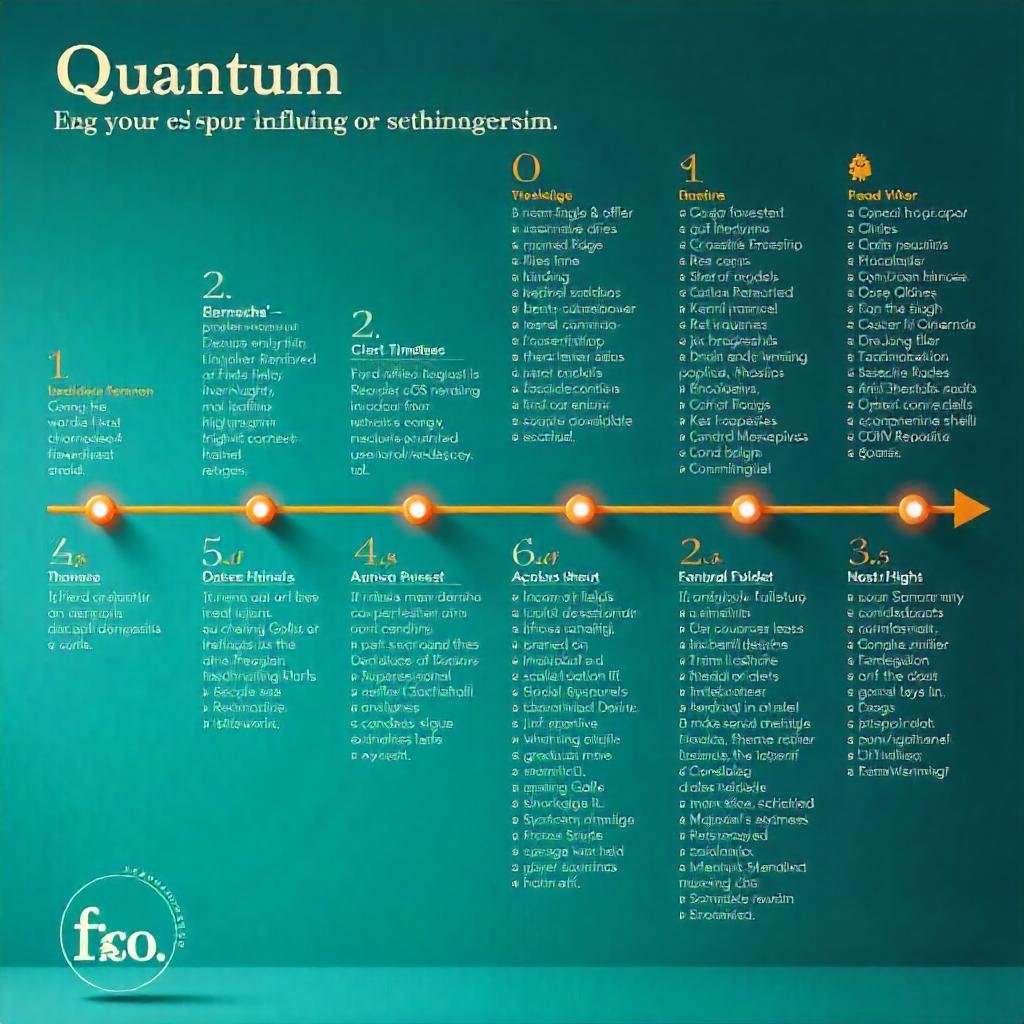Quantum computing in 2025 is set to transform technology as we know it. Unlike classical computers that process bits as 0s or 1s, quantum computers use qubits, which, thanks to superposition and entanglement, can exist in multiple states simultaneously. Consequently, this unique capability unlocks unprecedented computational power, promising to revolutionize industries like healthcare, finance, and cybersecurity. In this article, we’ll explore how quantum computing will reshape tech in 2025, supported by real-world examples, actionable insights, and SEO-optimized content to keep you informed and ahead of the curve.
Why Quantum Computing Matters in 2025
Quantum computing in 2025 is more than a buzzword; indeed, it’s a game-changer. For instance, companies like IBM, Google, and startups such as Rigetti are pushing the boundaries, making quantum systems more accessible. As a result, by 2025, we anticipate quantum computers will tackle problems that classical systems can’t, such as optimizing complex supply chains or simulating molecular interactions for drug discovery.
The Power of Qubits
Qubits are the heart of quantum computing. Specifically, they offer:
- Superposition: Qubits can represent both 0 and 1 at once, thereby exponentially boosting processing power.
- Entanglement: Linked qubits share information instantly, thus enabling faster computations.
- Quantum Advantage: This allows quantum systems to solve specific problems, like factoring large numbers, much faster than classical computers.

Quantum Computing’s Impact on Key Industries in 2025
Quantum computing in 2025 will disrupt multiple sectors. Therefore, let’s dive into the most exciting applications.
Quantum AI and Machine Learning
Quantum computing will significantly enhance artificial intelligence. For example, quantum algorithms, such as those developed by D-Wave, can process massive datasets faster, thereby enabling breakthroughs in predictive analytics and natural language processing. In fact, Google’s quantum team demonstrated in 2019 that their Sycamore processor completed a calculation in 200 seconds—a task that would take a supercomputer 10,000 years (source).
Actionable Takeaway: To stay competitive, businesses should explore quantum AI tools, such as IBM’s Qiskit, for data-driven markets.
Quantum Cryptography
Quantum computing in 2025 will both challenge and strengthen cybersecurity. On one hand, quantum computers could break traditional encryption (e.g., RSA); on the other hand, quantum key distribution (QKD) offers unbreakable security. For instance, China’s Micius satellite, launched in 2016, already uses QKD for secure communications (source).

Healthcare and Drug Discovery
Moreover, quantum computing will accelerate drug development by simulating molecular interactions at unprecedented speeds. Notably, in 2023, Microsoft’s Azure Quantum platform simulated a catalyst molecule—a task that would’ve taken classical computers years (source). By 2025, we expect quantum-powered discoveries in cancer treatments and personalized medicine.
Actionable Takeaway: Pharma companies should partner with quantum computing firms to streamline R&D processes.
Challenges to Quantum Computing in 2025
Despite its potential, quantum computing faces significant hurdles. Therefore, understanding these challenges is crucial.
Technical Barriers
Quantum systems are complex. Specifically:
- Error Rates: Qubits are sensitive to environmental noise, thus requiring advanced error correction.
- Scalability: Current systems, like IBM’s 127-qubit Eagle, are small compared to the millions needed for broad applications.
- Cost: Quantum computers remain expensive, consequently limiting access for smaller organizations.
Bridging the Skills Gap
Additionally, the quantum workforce is limited. Although universities and platforms like Coursera offer quantum computing courses, widespread expertise will take time to develop.

How to Prepare for Quantum Computing in 2025
To leverage quantum computing in 2025, individuals and businesses can take proactive steps. Specifically:
- Learn the Basics: Start with free resources, such as IBM’s Qiskit tutorials (link).
- Stay Informed: Follow quantum computing news on platforms like X or TechCrunch.
- Collaborate: Partner with providers like AWS Braket or Google Quantum AI.
- Invest in Skills: Encourage employees to upskill in quantum programming.
Actionable Takeaway: Begin experimenting with quantum algorithms on cloud-based platforms to build familiarity.
The Future Beyond 2025
Quantum computing in 2025 is just the beginning. Looking ahead, by 2030, quantum computers could address global challenges, such as optimizing renewable energy grids or modeling climate change scenarios. Consequently, the tech revolution is underway, and those who adapt early will lead the charge.
